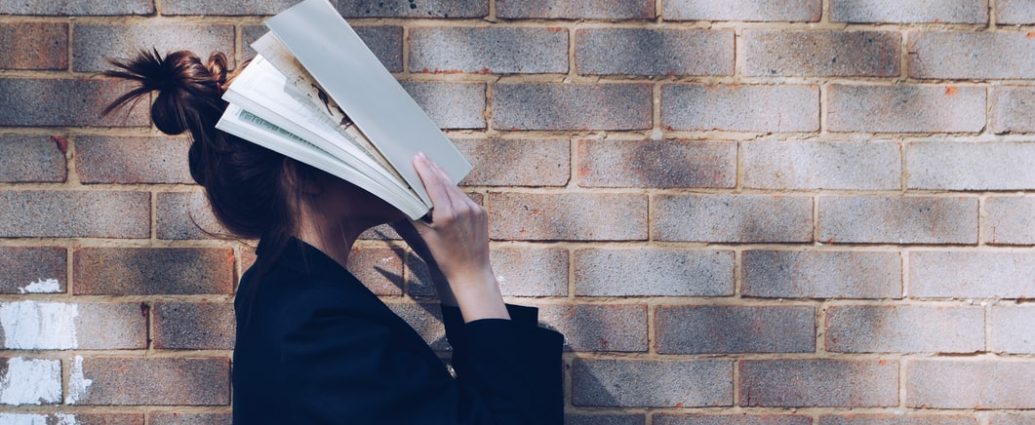Thursday the 13th of August saw the nation react in shock and outrage to the announcement of the class of 2020’s A-Level results. Due to the use of an algorithm used to determine results, many students saw their grades lowered from their teachers’ predictions by almost 40%. Four days after this controversy, the government backtracked on their original stance and agreed to use teachers’ predictions as opposed to the now widely-resented algorithm. Three students at a public school and Sixth Form in rural South Yorkshire were among those left confused and disappointed after opening their results. These students have since vocalised their outrage, with some writing letters to those in positions of power, whilst others took to social media to amplify their unrest.
Alice Bramley was one of the hardworking students left shocked, and somewhat heartbroken, after receiving her results. She was originally awarded a U, a B and a C, despite having “never gotten a U in any exam before”. She described how she felt after receiving her grades as “totally lost and helpless”. Alice explained that since results day, the senior school leaders and teachers’ initial shock at the grades had manifested into feelings of “injustice and disappointment”. She said that they “couldn’t have been more supportive” as they empathised with her devastation. After the government’s U-turn, she felt a huge relief when she finally received the grades she deserved; an A, a B and a C. Yet, she remains uncertain as to whether she will now be accepted into her first choice of university.
Another studious A-level student, Katie Siddall, explained that she had initially received two B’s and a C. These grades were below the entry requirements for both her first and second choice of university. But, despite her grades, Katie explained that she was “luckily” accepted into her first choice, Newcastle. This contentment was tainted, however, by the fact that she was unhappy with her C, as her teacher had told her personally that she was “performing at least at a grade B”. Katie said the government’s change did improve her grade but her outrage towards their tremendous mistake remains pertinent.
“Some of the most hard-working people I know were seriously victimised by this system”
Head Girl of the Sixth Form and straight-A student, Hannah Hinchcliffe, joined her peers in their dismay as she opened her results, her “heart dropped” when she saw the B written next to her A-Level Chemistry, that her teacher had predicted to be a grade A. Many students felt the social discrimination of the algorithm, Hannah was one of them as she felt that all of her hard work had been swept away due to her attending a state school and being from a certain area of the UK. Hannah also spoke of the widespread devastation in her Sixth Form that day, saying “some of the most hard-working people I know were seriously victimised by this system, receiving multiple large downgrades. It felt so unfair and unjust”.
In the wake of their devastation, Alice and Hannah decided they needed to take action. Alice wrote a letter to the Education Secretary, expressing her dismay towards the results system and her feelings of frustration. After being shared on social media, Alice says her letter received an “incredible” public response. Numerous journalists requested interviews to hear more about “the system that had let so many students and teachers down”. Hannah also deeply felt that it was her responsibility to fight for justice, explaining that “I couldn’t let this happen; it didn’t fit my moral compass”, particularly in her role as Head Girl, where she “felt responsible to fight for [her] peers and to lead the battle to demand a governmental U-turn”. Hannah also wrote a letter addressed to Prime Minister Boris Johnson and her local MP both of which received a similarly overwhelmingly supportive response on social media.
Katie stressed that she “lost a lot of faith in the government” when they made the initial mistake of using the discriminatory algorithm. Speaking of herself and her classmates, she expressed, “we’re their future and they’ve done us over really. Some of my cleverest mates got Us and that is not right as they have never got below a B. How can they do this to us after telling us our futures are secure?”.
“The ‘shambolic system’ used to determine her grade had failed her”
In another comment on government prejudice, Alice explained that she had not failed, but that the “shambolic system” used to determine her grade had failed her, and the many other students in her year. Looking forward, Alice describes that “it feels like everyone has now got justice and the results we now have are fair, but we are still lacking clarity on what will happen next, especially with university places”.
“In four years’ time, we must not forget the shambles of the past week”
Along with her peers, head girl Hannah concluded her feelings towards the government’s recent actions by asserting that “this will go on to affect our futures for years to come. In four years’ time, we must not forget the shambles of the past week. When voting in our next general election, please try to empathise with what we, as young people, have been put through. Please.”
It is unquestionable that the government’s actions have put these young people through a whole spectrum of extreme emotion over the past week. From feelings of distrust and outrage towards the current UK government, a newfound drive for political activism emerges, alongside added uncertainty about academic and professional futures. Forgiving the government’s use of a seemingly classist and prejudiced algorithm, whether now detracted or not, is understandably not a possibility for these students.
Jessica Morris
Featured image courtesy of Siora Photography via Unsplash.

